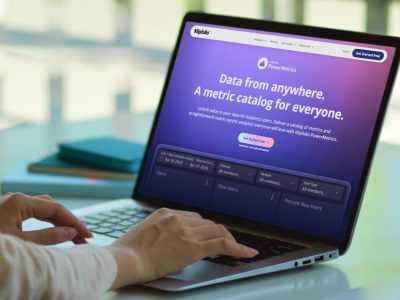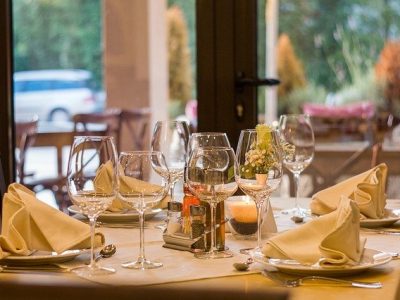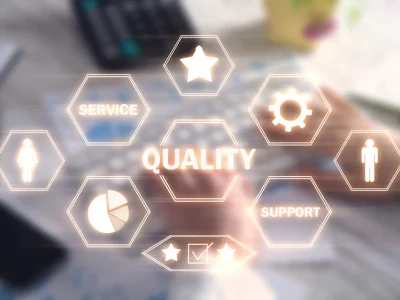What Are The Licenses Needed For A Food Startup?
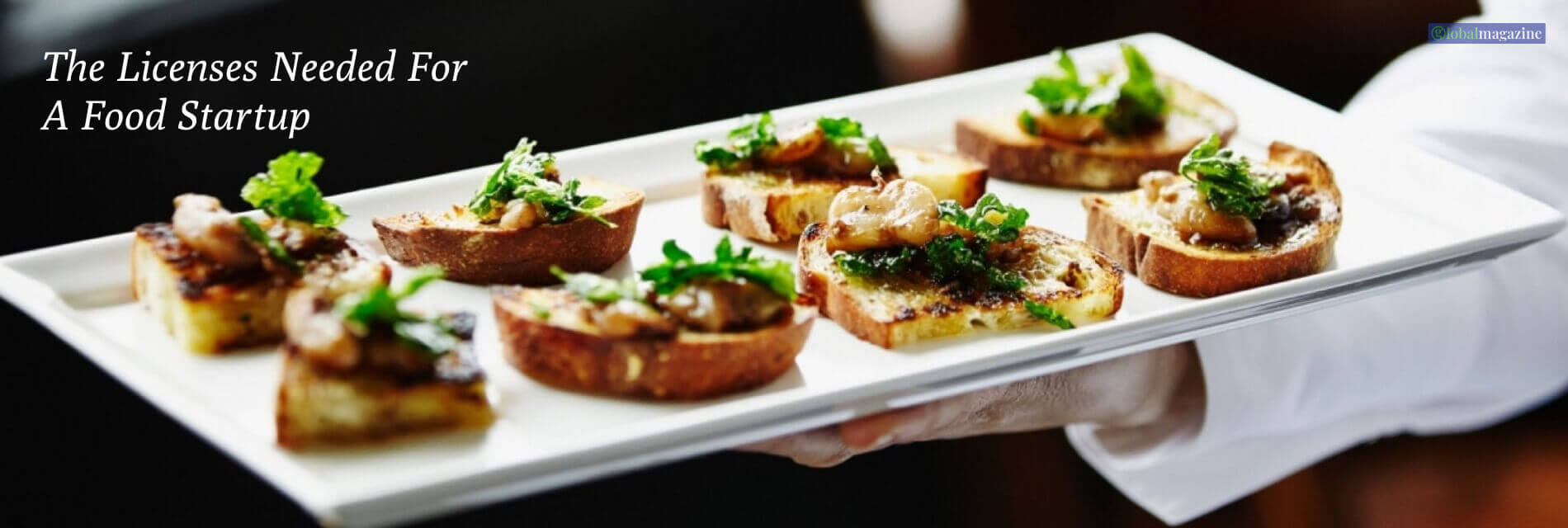
A food startup, or any startup for that matter, requires proper business licenses and permits. It is important to understand different regulatory requirements. Some specific food products cannot be sold without a license.
As a beginner in the food industry, your product has to go by all the requirements of the FDA. Also, your food business has to abide by other states, federal, and local requirements.
Starting up a food business would be fun, and you can do a sustainable business out of it. But, as a newcomer in the industry, you may need help setting up all the different legal requirements and permits. This article can help you with that.
Business Registration

If it is a restaurant you are starting, you need to pick up the name, File DBA, and get your business registered. Filing for a DBA is the easiest way to get your business registered the easiest way. The cost of filing a DBA can be around $10 to $100. It allows you to legally use the name of your business.
You can structure your business as an LLC, sole proprietor, or corporation food startup. If you want my suggestion – I would suggest you start thinking of names for the best food startups. Filing for a trademark is also another way of registering your business.
Get A Food Startup Business License

If you are done registering your business, the next step you have to struggle through is to acquire a business license. Getting a business license is crucial for any business, and the process of getting one might differ based on the country you are in. the license provides your food startup with legal permission to run the business.
Occupancy Certificate
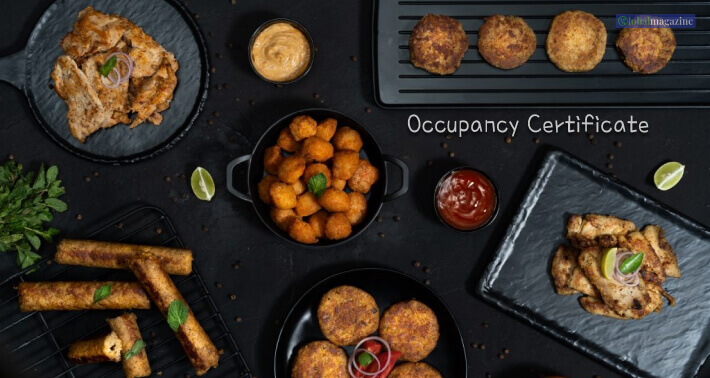
Your food tech startup will get a certificate of occupancy after the commercial space of your business passes inspection. It means that the building you are using for business is properly built and maintained. Your restaurant building has to pass a series of inspections to pass for a certificate of occupancy.
Sign Permit
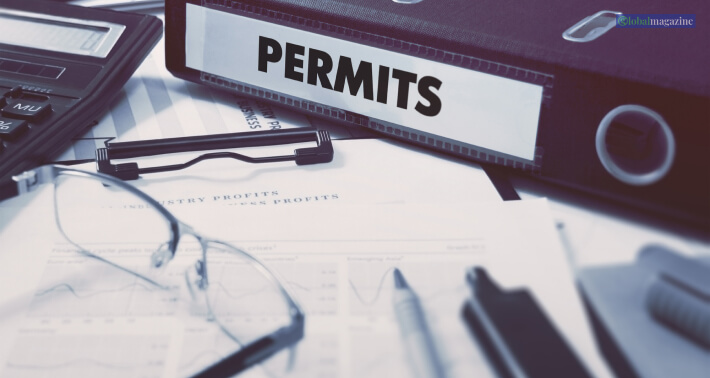
When you are starting a beverage company or a food startup, you have to put up a sign on the business front. But that, too, requires you to get a permit. If you are leasing a property for a restaurant startup, you need to get your landlord’s approval. You also need a permit from the city government. If you are getting it from your landlord, you should get a written one.
Food Handlers Permit
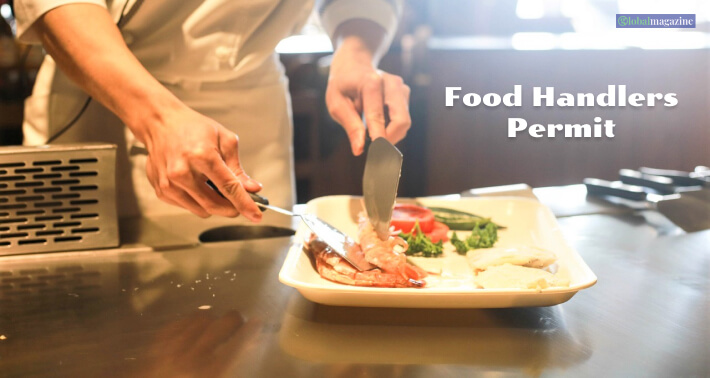
As a food startup entrepreneur, you are likely to employ a number of people in the business. It is a great responsibility on your part that your employees have completed food safety certification. This certificate will ensure the preparation, sanitation, storage, and protection of your restaurant.
Food Service License
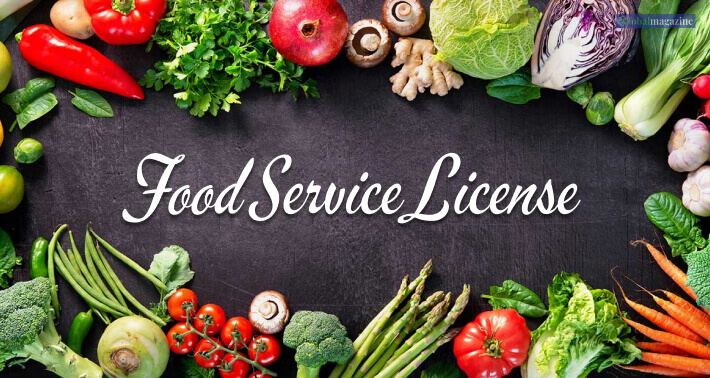
The city or country health department in your locality will issue you a food service license. You will get a visit from the health department. They will inspect your restaurant to make sure that all the food safety regulations are properly maintained. Depending on your location, this license might cost you around $100 to $1000.
EIN License
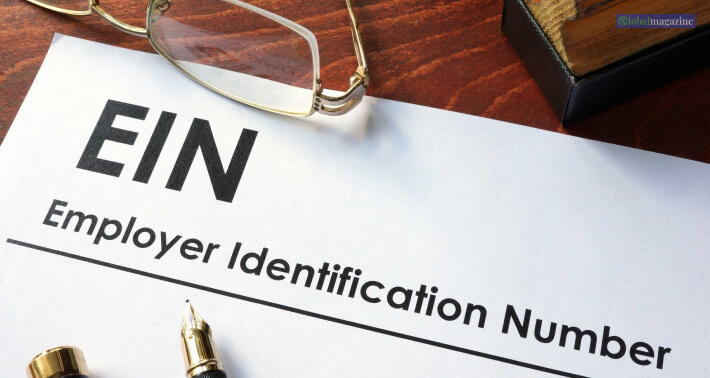
Aside from a business license, you also need an EIN number or Employer Identification Number. It is a nine-digit tax ID that allows business employers to properly file their taxes. You can apply for EIN online. But you also have to meet the criteria. Here are the steps –
- Determine the eligibility
- Complete your online application for EIN.
- Submit the EIN application.
Liquor License

If you want to serve alcohol aside from serving food in your restaurant, you have to get a permit for that as well. You should always serve alcohol legally, and a liquor license is essential for that. There are two types of alcohol licenses you may apply for –
- On-license: it allows you to sell alcohol to be consumed within your restaurant premises.
- Off-license: allows you to sell alcohols to be consumed off the premise.
You can also apply for a restaurant liquor license, beer, and wine liquor license, and
In the USA, you can contact the Alcohol Beverage Control Board in your state. This board regulates the sale of alcohol in the USA. You have to find out similar regulations and legal permissions in case you are from other countries.
Other Licenses
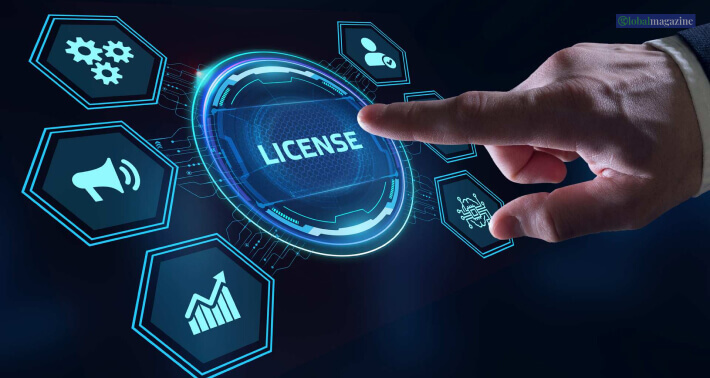
The licenses I have talked about above are essential for legally starting your food startup. However, you could also gain more legal permissions like a resale permit, sales tax license, and dumpster license.
A resale permit will help your business to make certain nontaxable purchases. It also helps avoid the double collection of taxes. Depending on the rules of your state and your annual sales, you can apply for resale permits.
Having a dumpster permit allows your restaurant to place a dumpster outside the kitchen of your restaurant. You can also apply for a food truck permit, valet parking permit, seller’s permit, etc.
Frequently Asked Questions
Once you get all the licenses and permissions talked about above, you can easily start your business. However, I have answered some questions and answers here that you will find informative.
There are three different types of licenses for food. Such as –
⦿ FSSAI Basic License.
⦿ FSSAI Central License.
⦿ FSSAI State License.
Ready-to-cook and ready-to-eat products. This type of product needs minimal preparation before consumption. They need minimum dehydrating, thawing, and dehydrating.
According to the legal requirements in the UK, food holders do not have to have any hygiene maintenance certificate to sell food. However, you can ensure that the food sold has undergone proper hygienic preparation.
Final Verdict
As I explained before, all types of businesses require licensing and proper legal certification. Starting from business registration to getting different permits for a food business, you need to get all the aspects right. You can use this article as a guide to help you secure all the legal aspects of starting a food business.
Please let us know if you found this article helpful. Also, if you have any queries, you can also put them in the comment box.
Read More:






















